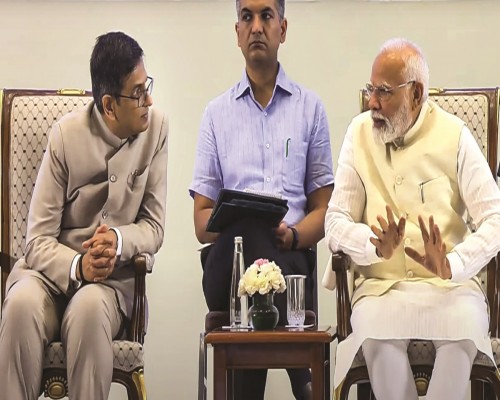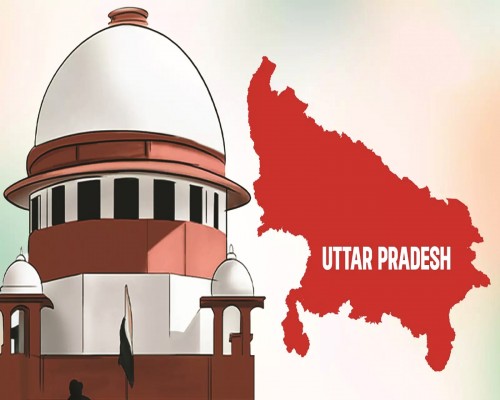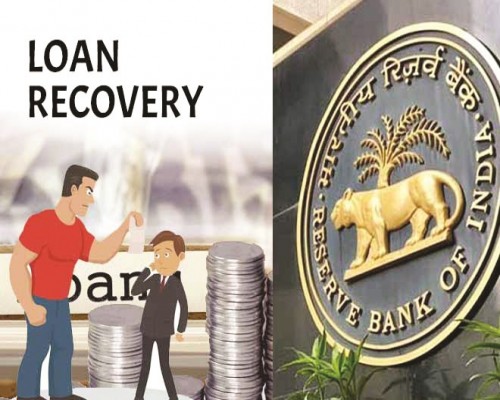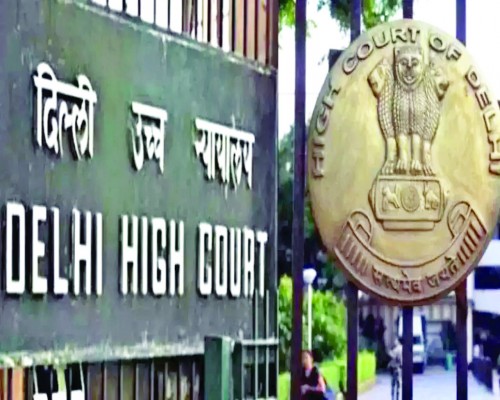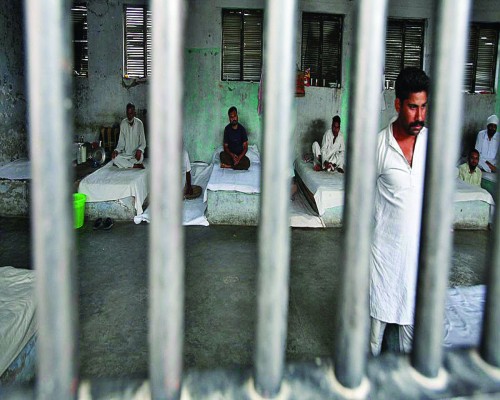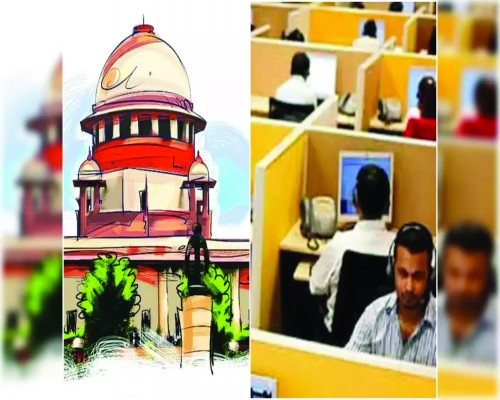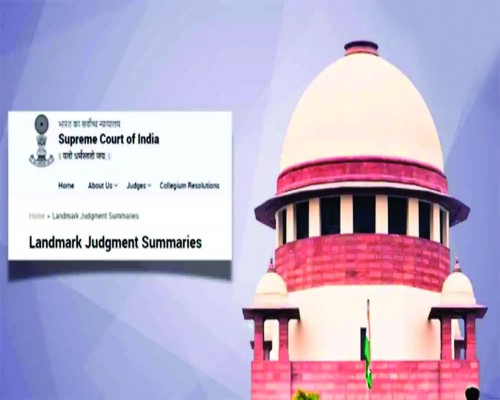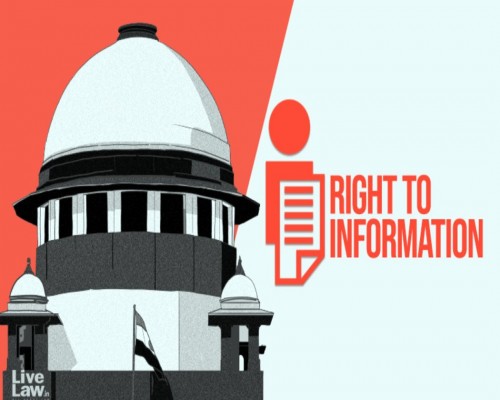Supreme Court: No Discrimination Against Persons with Disabilities
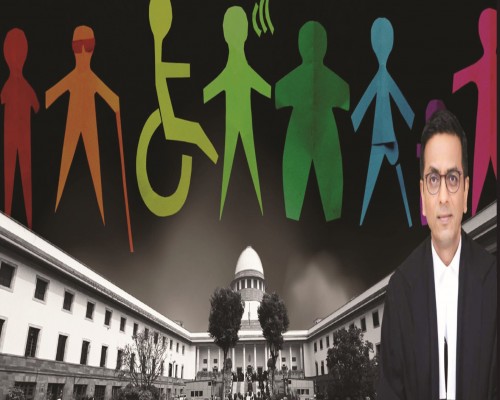
Ensuring Equal Opportunities in Judicial Services
In a landmark judgment, the Supreme Court has ruled that visually impaired candidates cannot be denied job opportunities in judicial services. The court emphasized that any form of discrimination against persons with disabilities (PwDs) is unconstitutional and directed states to ensure inclusive hiring policies.
Key Highlights of the Judgment
• Visually impaired candidates must not be barred from judicial service recruitments.
• The court upheld a previous ruling from December 3, where it ruled against states that refused to provide reservation for PwDs in judicial services.
• The verdict applies to six petitions, including one filed by an aggrieved candidate, Swatantra Sanjan.
Supreme Court's Observations
• A bench comprising Justice J.B. Pardiwala and Justice R. Mahadevan ruled that persons with disabilities should not face any form of discrimination during judicial service recruitment.
• The court directed states to implement inclusive policies to ensure fair representation.
• Justice Mahadevan stated, "Any form of bias, explicit or systemic, that results in the exclusion of PwDs must be eliminated."
Impact of the Ruling
• The court struck down discriminatory provisions in the Madhya Pradesh Service Rules, 1994, that restricted visually impaired candidates from applying for judicial posts.
• The ruling ensures that candidates with disabilities who meet other eligibility criteria must be considered for vacancies.
• The Supreme Court's order from November 7, 2023, emphasizing equal opportunities for PwDs, remains binding on all states.
Final Verdict
The Supreme Court reinforced that no candidate should be denied consideration solely due to their disability. It urged authorities to intervene wherever necessary to uphold genuine equality in government recruitments, particularly in the judicial sector.



